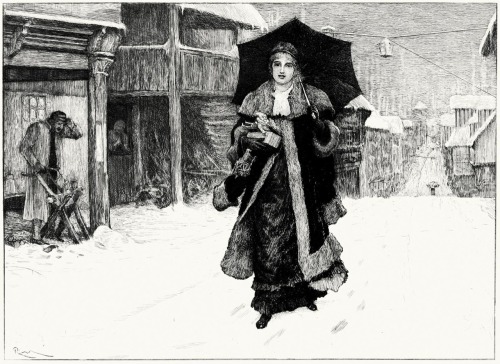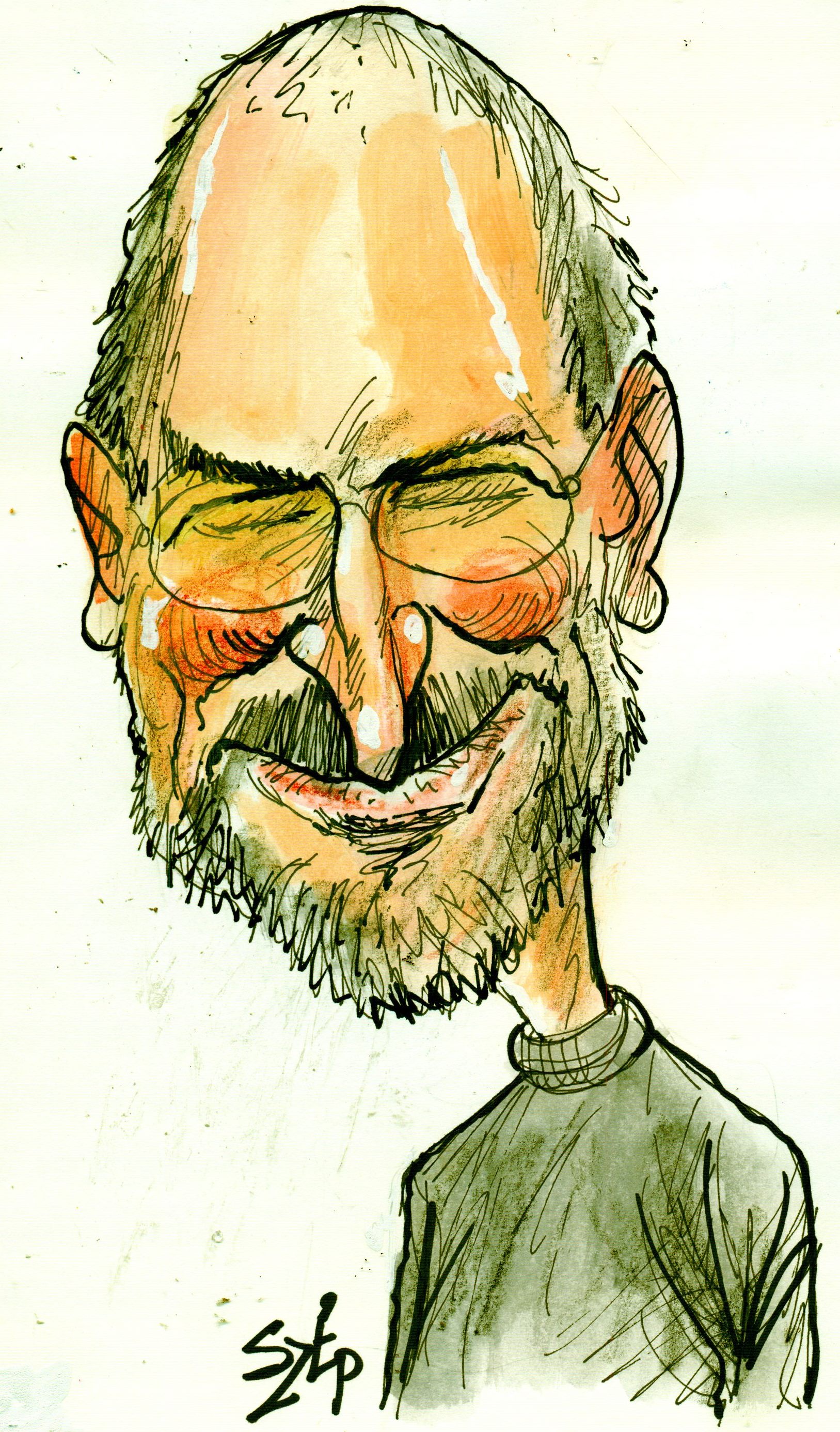Bless this house, O Lord, we pray. Keep it safe by night and day. Bless these walls so firm and stout, keeping want and trouble out.
GE Filed 57,000-Page Tax Return, Paid No Taxes on $14 Billion in Profits
General Electric, one of the largest corporations in America, filed a whopping 57,000-page federal tax return earlier this year but didn’t pay taxes on $14 billion in profits. The return, which was filed electronically, would have been 19 feet high if printed out and stacked.
Ostentatiously Generous with Other People’s Money
Two dozen “patriotic millionaires” traveled to the national’s capital on Wednesday to demand that Congress raise taxes on wealthy Americans.
The Daily Caller attended their press conference with an iPad, which displayed the Treasury Department’s donation page, to find out if any of the “patriotic millionaires” were willing to put their money where their mouth is.
Don’t be afraid to say it: ‘We are the 1 percent’
It is time to stand up and be counted. I am the 1 percent. Let’s be plain about this. Though I have a good job and a good paycheck, I have virtually no wealth, no savings and no need for tax shelters. I have substantial debt. My family owns three vehicles, the newest of which is a 1999 Ford Windstar worth about $2,000. That’s our “good” car. If it breaks down, we would have to go further into debt to fix it or replace it. I cannot afford to put my three children — the oldest of whom is in high school, the youngest in diapers — through college. We vacation 20 miles away in Whitefish because we can’t afford airfare or gas for a long trip. We live in a hundred-year-old house without central heating and we are happy to have it. Sometimes we do look with envy at a our neighbors’ houses that have modern plumbing and electric systems that don’t short out when you run the pancake griddle and the space heater at the same time, and sometimes we do wonder why we can’t own a brand-new SUV like so many other families do. But envy is cheap; SUVs are not.
Politically, Steve Jobs Was Pure Microsoft
The recently deceased Apple honcho Steve Jobs had a Manichean take on the digital marketplace. As he saw it, Apple — with its closed systems; its elegant simplicity; and its organic, innovative thoroughly integrated hardware and software — reflected the good, spiritual world of the light.
On the dark, material side of the digital divide — with its open operating systems, all promiscuously licensed, and its imitative, inorganic content and applications — loomed Microsoft.
Bloomberg’s Broken Windows
In 1982, two social scientists—George L. Kelling and James Q. Wilson—published an article in the Atlantic in which they argued that a city window left broken is an invitation to further disorder. Their message was as simple as it was unconventional. Sweat the small stuff (graffiti, aggressive panhandling, petty crime) and you’ll stop problems before they grow bigger.
In the three decades since, mayors and police chiefs across America have transformed their cities by taking the broken-window message to heart, especially in New York. Now Occupy Wall Street has taken a high-profile part of Manhattan and turned it into an anarchist campground worse than the Tompkins Square Park of the 1980s, when it stood for the worst of New York—encampments of the homeless and a haven for drug dealing. The OWS protesters seem to have no fear of Michael Bloomberg: A sign at one entryway warns hizzoner that if he tries to interfere, he will be the one arrested.






